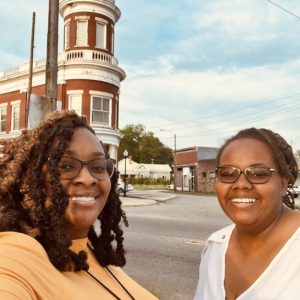First, we need to understand what theology means. It can be seen as seeking after understanding ― a practice of reflecting about life in the light of Christian belief. I’m intrigued with the idea that Christian theology is a matter of faith seeking understanding. The idea is simple yet complex.
In this article, I will take you through what Embed theology is. Embed theology is the belief we take up implicitly from the church surroundings. It is the very first understanding of the faith that we have and the following practices and actions that it bring about. They are those things that we learn and reinforce by the way we see others of similar faith live and conduct themselves in our environments.
Embed theology is described by some to be similar to Christian cultural heritage or the assumed belief that one has. The things that make up our Embed theology are the things we believed as kids that we may or may not still hold as a belief. It can be trivial things like the way we dress to church on Sundays or where we can go for worship, or they can be big things like whether Jesus is the Christ.
Everyone has embed theology, but some of them can be debunked or changed. Others may be held unto for the rest of our lives.
The practices that Christians indulge in also communicate what the Christian faith means. For example, children learn that what being a Christian means is going to church and knowing that you are expected to behave right. Knowing when to sit, stand, kneel, and when to pray, listen, or sing. Your words and actions together come with an entire set of meanings that are associated with the faith.
These messages bearing theology that has been instilled in us from the church have found a place in the hearts and minds of the faithful since the day they step foot inside the church. A lot of us were born and raised in this theology. It began in us earlier, developed over the years of Sunday worship, youth groups, and church school, and the life examples of our parents, friends, and ministers reinforced them.
The older we got, the more we began to think for ourselves, and as we made our own thoughts, this theology was reshaped and we own it. It is easier for some of us to articulate the Embed theology that we carry with us, but hard for some others. When you ask some of us: what understanding do you have of God, your concept of sin or salvation, or your Christian view of right or wrong? We may give a pat answer. This is understandable. But our day-to-day life is based upon this theology. What Embed theologies do you have?
Rev. McKenzie



